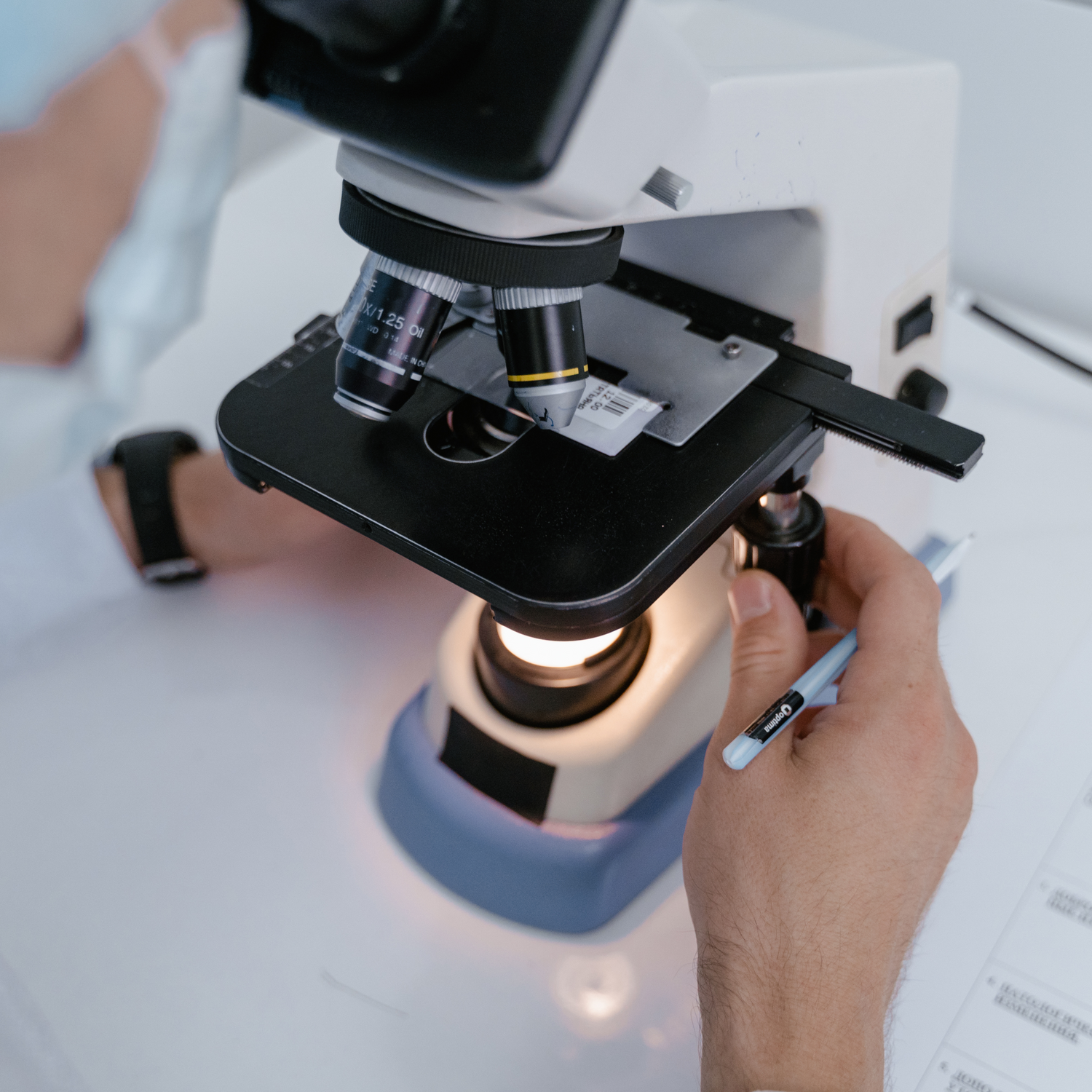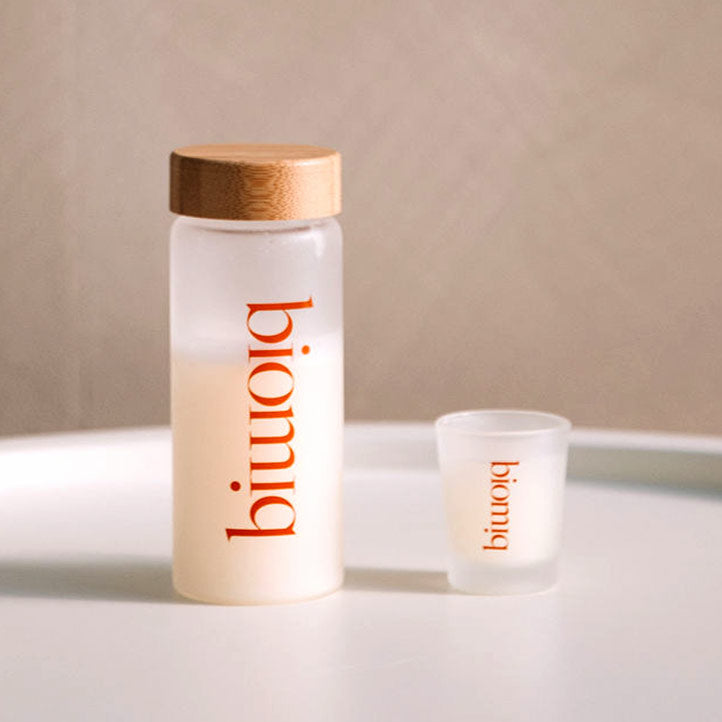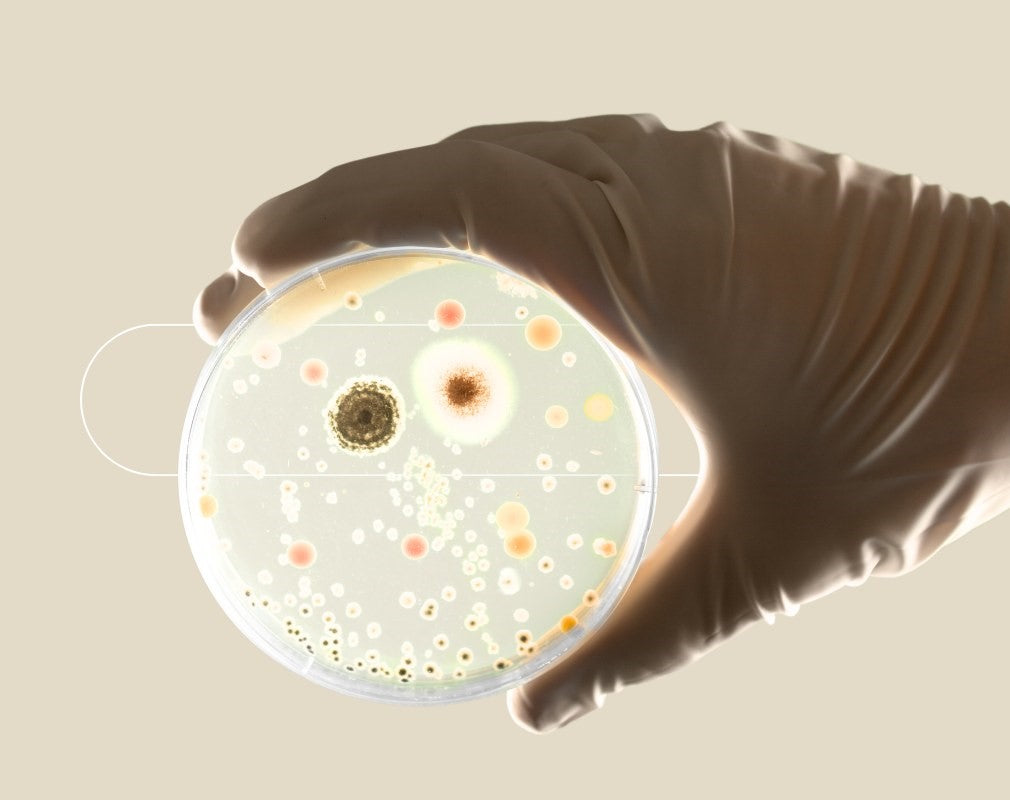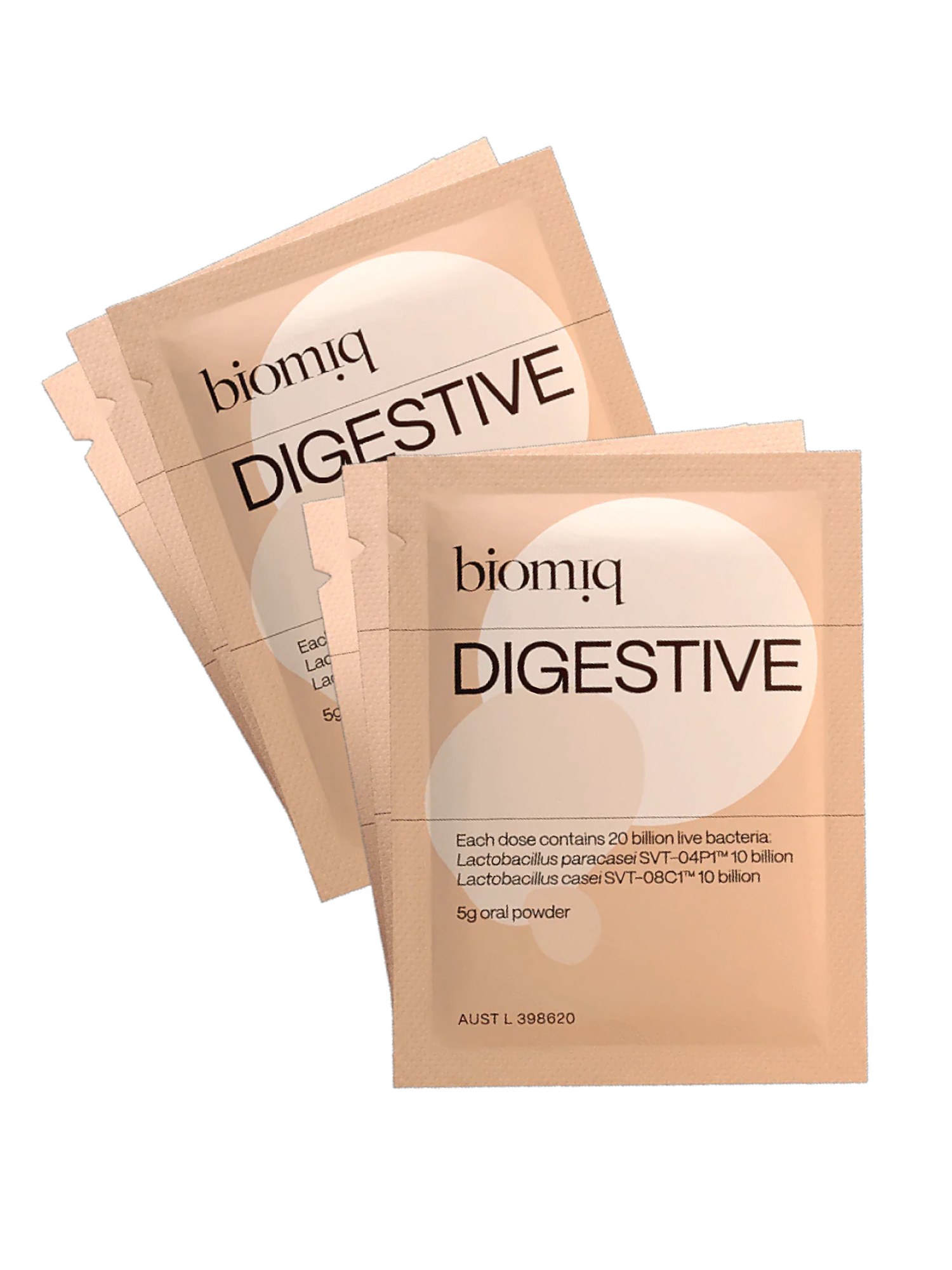The misconception that bacteria = bad perhaps began when bacteria were identified as being a cause of many diseases. It wasn’t until scientists developed better tools to study microorganisms, that they realised that bacteria were also found in high numbers in perfectly healthy people too!
Now scientists and doctors know better and have better technology, which enables them to study the the bacteria that help us to stay healthy. What they have found is that most bacteria do not cause disease when there is just the right amount of them. Just like everything, toxicity is dependent on dose! If one particular bacteria is allowed to grow to large numbers and "take over", just like a prolific weed growing all over a garden, then it can cause disease. But if we have lots of variety and the space is shared across many types of bacteria, then they system is in a state of healthy balance. Meaning that even the most well-known pathogenic bacteria can exist in a perfectly healthy person and not cause disease!

For example, bacteria such as H.pylori, S. aureus, and E.coli, are all known to cause nasty diseases, yet are often found in perfectly healthy individuals too. But, how can this be?
Well, usually the thing that makes these bacteria turn from benign organisms to disease-causing organisms is dependent on the ecosystem around them. It depends on whether or not they are present within a diverse and healthy microbiome or, a weakened and less diverse microbiome. A less diverse microbiome means that the highly competitive, disease causing microbes can spread and take over, growing to larger, disease-causing numbers.
If the microbiome is full of lots and lots of interacting microbes, all in balance, then no particular microbe can overgrow and take over. So we must stop thinking of bacteria as “bad” and something to completely avoid, and instead switch our perspective to one of “lets try to culture and nurture our community of bodily bacteria to a state of optimal health”.
A balanced microbiome is crucial for health and well-being, often considered a supporting organ due to its significant role in daily bodily functions. Understanding how your microbiome influences various aspects of your health can better equip you to manage your wellbeing.
Our microbes regulate our digestive and immune systems, protect against germs, break down food to release energy, produce vitamins, and even influence behaviour and emotional well-being through hormone regulation. However, this balance can be disrupted by several factors:
- Diets lacking in nutrients and fiber;
- Lack of exercise;
- Poor sleep;
- Increased stress or anxiety;
- Use of certain medications or antibiotics;
- Prolonged periods spent indoors;
- Infections from pathogenic microbes;
- Genetic factors (e.g., hereditary conditions);
- Overexposure to disruptive products such as cleaning products, agricultural chemicals, and/or cosmetic products.

Using powerful, biologically active probiotics, such as biomiq's advanced probiotic range, helps to support your guy microbiome health and assists with regulation of digestive and/or immune health.
Read our other blogs
-

Microbiome Dysbiosis - What happens when the gut microbiome is disturbed?
Read ArticleUnder normal conditions, we coexist happily with our microbes. However, this balance can be disrupted by several factors...
-

How to create a healthy microbiome
Read ArticleThe bacteria within your body are absolutely crucial to your health and wellbeing. So, making lifestyle choices that will benefit and promote a healthy microbiota is a great way to reduce your risk of health complications.
-

What does your microbiome do for you?
Read ArticleIt is in your microbiome's best interest to look after you, as you are home to these trillions of tiny microbes!








